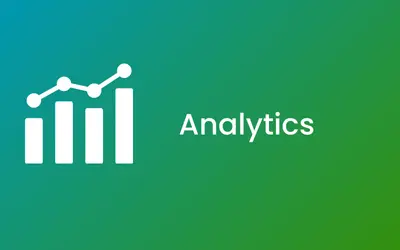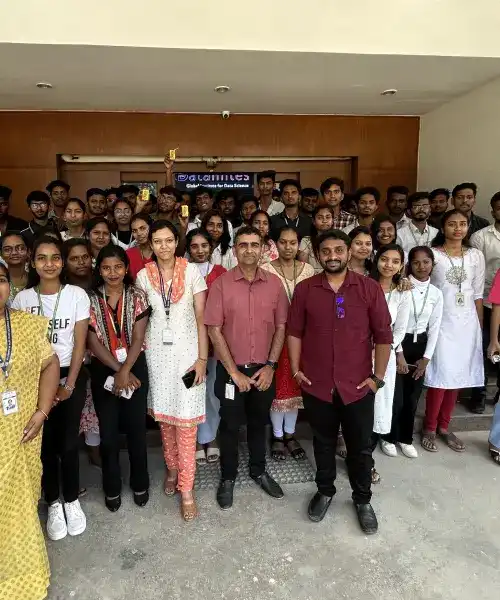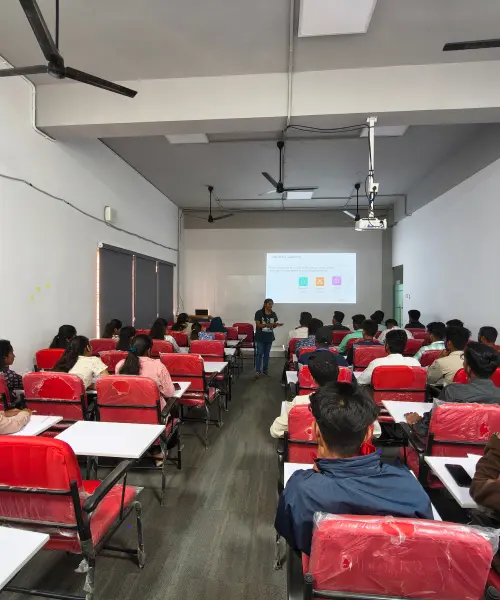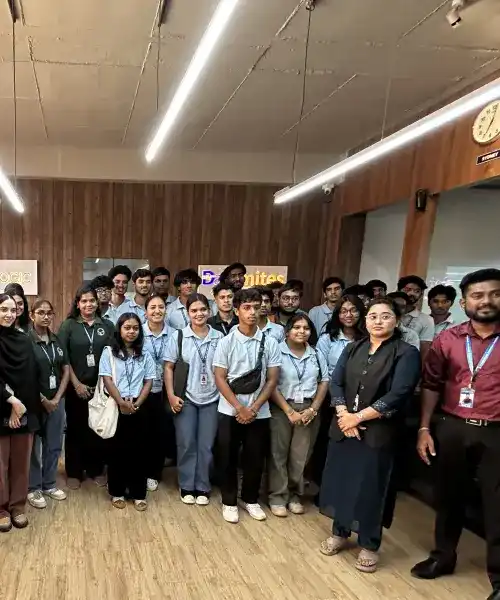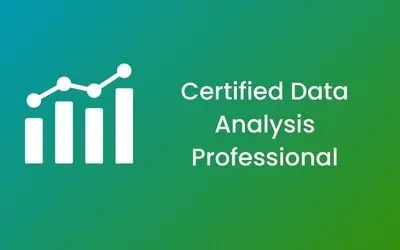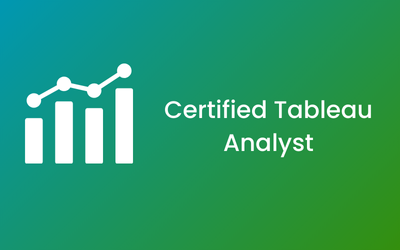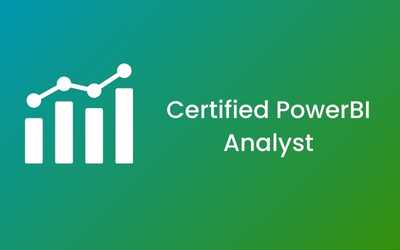ANALYTICS TRAINING IN RANCHI
-

-
(19648 Reviews)
-
Career Opportunities: Explore exciting career options in Ranchi's growing analytics field. Prepare for roles like Data Analyst or Business Analyst, where you can contribute to key decision-making processes and drive business success.
-
Essential Skills: Develop crucial skills such as data visualization, statistical analysis, and proficiency with tools like Tableau and Power BI. These skills will enable you to analyze data effectively and support business growth in various industries.
-
Practical Experience: Gain hands-on experience through projects and internships with top companies in Ranchi. This real-world exposure will build your confidence and equip you with the skills needed for a successful career in analytics.
